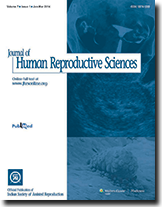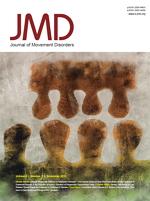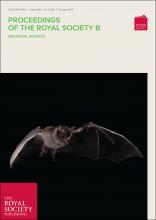 The first author of a paper that discussed sample sizes in clinical research is appealing the journal’s decision to retract it for plagiarism, arguing the article is “entirely different.”
The first author of a paper that discussed sample sizes in clinical research is appealing the journal’s decision to retract it for plagiarism, arguing the article is “entirely different.”
The Journal of Human Reproductive Sciences‘s editor-in-chief told us that they first contacted the author about the allegations more than two years ago, and finally issued the notice in September, saying the paper “directly copied” from another article on randomization. “Thus owing to duplicity of text, the article is being retracted,” according to the notice.
That doesn’t jibe with first author K. P. Suresh, based at the National Institute of Veterinary Epidemiology and Disease Informatics in India. He told us that the “two articles are entirely different concept.” In subsequent emails, he added Continue reading Author appeals retraction for plagiarism in clinical research paper








 A 13th retraction has been published for
A 13th retraction has been published for